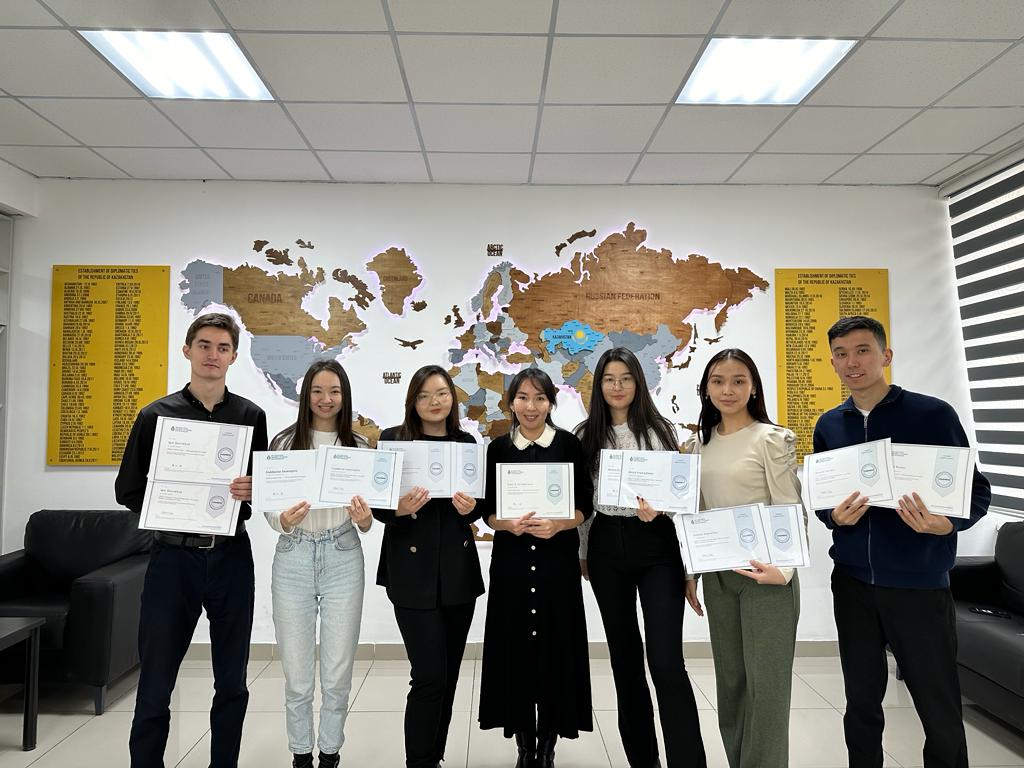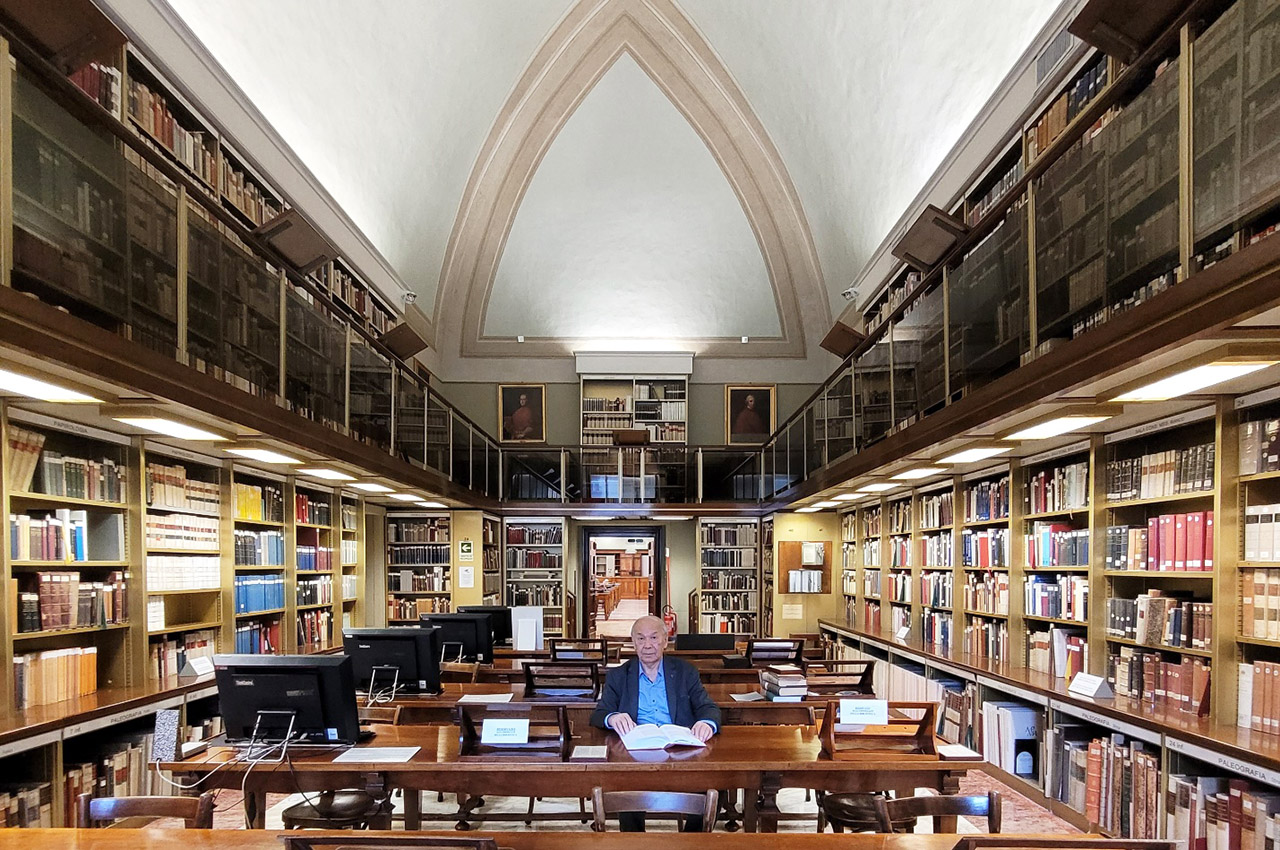- Main
- News
- Successful integration of Coursera courses into KazNU: The initiative of the Minister of the Ministry of Education and Science of the Republic of Kazakhstan opens new horizons for Kazakh students
Successful integration of Coursera courses into KazNU: The initiative of the Minister of the Ministry of Education and Science of the Republic of Kazakhstan opens new horizons for Kazakh students

In this article, I would like to share my impressions of the wonderful experience of integrating international standards into the educational discipline, which became possible thanks to the initiative of the Minister of Science and Higher Education of the Republic of Kazakhstan, Sayasat Nurbek - the opening of Coursera courses for more than 20,000 students in our country.
Together with 4th year students of the educational program “Oriental Studies”, I took 2 courses on the Coursera platform, integrating them into the discipline “Modern historical processes in the studied country of the East.” Of particular interest were courses from The Hong Kong University of Science and Technology, such as “Chinese Politics Part 1 – China and Political Science”, which provides a basis for understanding the political structure of China, as well as China’s influence on the world and the impact of global processes on China and "China's Economic Transformation Part 1: Economic Reform and Growth in China", which examines key economic reforms in various sectors, China's macroeconomic development, the role of international trade and investment, and the sources of China's economic growth. Students have the unique opportunity to test their knowledge using a variety of assessment methods, such as multiple-choice tests, essays and reading lists. This versatility allows students to display their strengths in a variety of areas and develop both knowledge and analytical and critical thinking skills. An integral part of this experience were video subtitles and auto-translation of text into Kazakh and Russian languages provided by Coursera, which made learning more accessible and comfortable for students.
Integration of Coursera courses into the educational process of KazNU is not only the opening of new educational opportunities, but also a chance to better understand the world in the context of changing global educational dynamics, to go beyond national boundaries, which are sometimes “shackled” by traditional approaches, as well as standard curricula, etc. d. Thanks to the initiative of the Minister of Education and Science and joint hard work with students, the integration of Coursera courses into the educational process of KazNU becomes not only a milestone in the development of Kazakhstani education, but also a confirmation of the importance of access to global educational resources.
Thanks to this initiative, the university becomes a platform for innovation and opens up new prospects for future specialists. We emphasize that the students made a video (reels) about the experience of taking the course, which became not only a source of inspiration, but also motivation for future study abroad. “Many of us now want to take new courses on Coursera and deepen our knowledge,” students noted. Together with our students, we successfully completed Coursera courses and received prestigious certificates confirming our mastery of international education standards and unique experience.
This innovative assessment system allows students to learn more flexibly and effectively and allows teachers to monitor individual progress. This approach supports the diversified development of students, introduces them to independent learning and prepares them for the challenges of modern education and the labor market. Integrating Coursera courses not only opens new educational opportunities for students, but also promotes the development of innovative teaching methods. This experience becomes a striking example of how modern technologies can be effectively combined with traditional teaching methods, enriching the educational experience of teachers and students of KazNU.
Author: Serikkaliyeva Azhar Ermekovna, PhD, senior lecturer of the Department of Chinese Studies of Al-Farabi Kazakh National University
